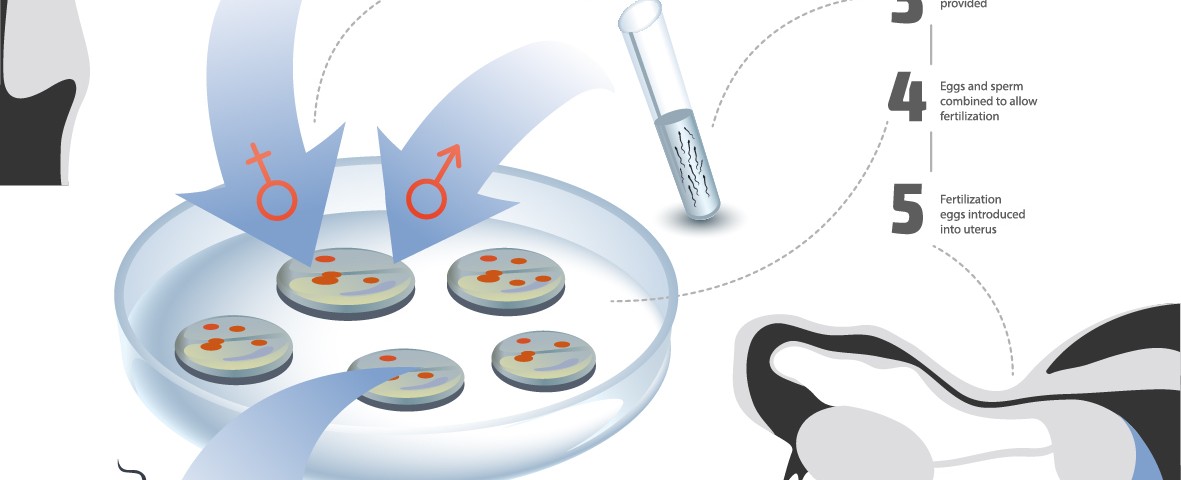Assisted reproductive technology (ART) has no adverse impact in women with endometriosis and is a valid option for patients wishing to conceive, according to a new study, Endometriosis-related infertility: assisted reproductive technology has no adverse impact on pain or quality-of-life scores,” published in the journal Fertility and Sterility.
Endometriosis is a condition characterized by an abnormal growth of the tissue normally lining the inside of women’s uterus — the endometrium — outside the uterine cavity (endometrial implant). Treatment of moderate to severe endometriosis-related infertility is highly debated; hormone treatments are contraceptive, thereby impairing the possibility of patients’ getting pregnant. As a result, patients who wish to conceive may choose surgery or ART.
While in recent studies ART was found to be effective, there was still a concern it could induce a flare-up of endometriosis-related pain symptoms. But the new study found no adverse impact on pain when ART was used.
Researchers determined how ART impacts painful symptoms and quality of life in women who have endometriosis, compared to healthy (endometriosis-free) controls. The team performed a prospective controlled, observational cohort study with infertile women less then 43 years old undergoing ART using either intracytoplasmic sperm injection (ICSI) or in vitro fertilization (IVF) at their institution. They divided the participants into two groups: infertile women with endometriosis (endometriosis group) and infertile women without any evidence of endometriosis (endometriosis-free group).
A total of 102 women with endometriosis and 104 disease-free women were included in the analysis. The team concluded that ART is a feasible option for women affected by endometriosis, with no worsening of pain observed in the endometriosis group when compared to endometriosis-free controls.
Moreover, the risk of increasing pain during ART is not modified with different endometriosis phenotypes (endometriosis is an heterogeneous disease with endometriotic lesions presenting three phenotypes: superficial peritoneal endometriosis, ovarian endometrioma, and deeply infiltrating endometriosis). The quality of life in the endometriosis group was comparable to that of the endometriosis-free group.
These results indicate that ART has no adverse impact on pain symptoms or quality of life in women who have endometriosis in the period immediately after the procedure regardless of the endometriosis phenotype. Therefore, the study concludes, ART is a valid alternative for women with endometriosis who wish to get pregnant.

